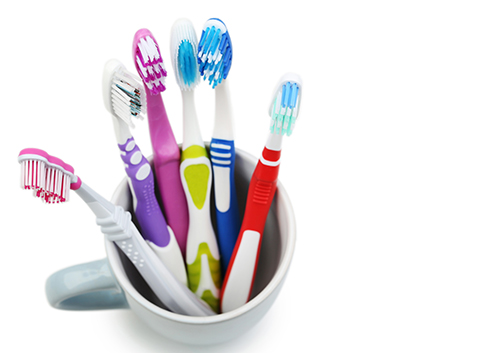What are the advantages of dental implants?
December 11th, 2024

Losing a tooth can affect a lot more than just the look of your smile. Missing teeth affect your ability to chew and can also cause problems for your other teeth. It is essential to replace missing teeth in order to maintain oral health as well as your overall well-being. Dental implants are an excellent option to replace your natural tooth and its root without affecting your neighboring teeth, and are available from Dr. Timm.
Why choose dental implants?
There are many reasons to choose dental implants to replace your lost or damaged teeth. According to the American Academy of Implant Dentistry, dental implants are often considered more predictable than other treatment options and are known to provide long-term successful outcomes.
Dental implants provide many benefits over other treatments such as bridgework and dentures:
- Unlike other treatment options for missing teeth, dental implants allow Dr. Timm to replace your tooth without impacting the healthy teeth surrounding the space.
- Dental implants also protect healthy bone by preventing potential bone loss and deterioration in the jaw.
- This treatment option allows you to speak and eat normally without worrying about slippery or uncomfortable removable dentures.
- The closest thing to natural teeth, dental implants allow you to maintain your smile and natural face shape.
- These implants are built to last, providing you with a long-term solution to missing teeth.
Overall, dental implants are the next best thing to natural, healthy teeth. Choosing to undergo surgery to replace your lost or damaged teeth is an important decision. To avoid the issues caused by lost teeth, consult Dr. Timm or visit our Michigan Center, MI office to see if you are a candidate for dental implants.



